BY WALTER OPINDE
Andrew Young’s lifelong work as a politician, human rights activist, and businessman has been in great measure responsible for the development of Atlanta’s reputation as an international city.
Andrew Jackson Young Jr. was born on 12th March, 1932, in New Orleans, Louisiana, into a prosperous middle-class family. His mother, Daisy Fuller, was a schoolteacher, and his father, Andrew Young, was a dentist. Born during the depths of the Great Depression and Jim Crow Segregation, Young was brought up to believe that “from those to whom much has been given, much will be required.” Young accepted that responsibility from a youth age, but as he wrote in his 1996 autobiography, his mission as a civil rights activist and politician has been an easy burden.
Andrew Young graduated from Howard University in Washington, D.C., in 1951, with a Bachelor’s degree in biology. He then earned a divinity degree from Hartford Theological Seminary in Connecticut and accepted the pastorate of Bethany Congregational Church in Thomasville, Georgia, in 1955. While there, he immersed himself in civil rights and in organizing voter registration drives. Young joined the staff of the National Council of Churches in 1957, the year U.S. President Dwight D. Eisenhower sent federal troops to Little Rock, Arkansas, to protect African American schoolchildren in a school desegregation case. Young left his position as pastor in 1961 to work with the Southern Christian Leadership Conference (SCLC), the church-centered, Atlanta-based civil rights organization led by Martin Luther King Jr.
Young assisted in the organization of “citizenship schools” for the SCLC, workshops that taught non-violent organizing strategies to local people whom members of the organization had identified as potential leaders. The schools served rural, typically uneducated blacks who sometimes chafed under Young’s leadership. Differences in education and economic background between Young and other black leaders of that time may have caused some to consider him elitist. Nonetheless, the citizenship schools educated a generation of civic leaders and registered thousands of voters throughout the South, and were largely responsible for both the civil rights movement’s democratic ethos and its eventual success.
Young became a trusted aide to Martin Luther King Jr., eventually rising to the executive directorship of the SCLC. He was instrumental in organizing voter registration and desegregation campaigns in Albany; Birmingham and Selma, Alabama; and Washington, D.C., among other places. He was with Mr. King when the civil rights leader was assassinated in Memphis, Tennessee, on 4th April, 1968.
After King’s assassination, many of his closest followers struggled to find a voice; Young did not. He won Georgia’s Fifth District seat in the U.S. House of Representatives in 1972 and became the first African-American, since Reconstruction, to be elected to Congress from Georgia. Young’s election was momentous: he and Barbara Jordan, a Democrat who was also elected to the House (from Texas) in 1972, became two of the first black Southerners in Congress in the 20th century. The voter registration campaigns Young had helped organize throughout the South in the 1950s and 1960s bore fruit, and would eventually result in the election of thousands of African-American candidates to higher office in the coming decades. Young was twice reelected to the House of Representatives.
Young served as a twice-re-elected Congressional Representative from the 5th district between 1973 and 1977. After the election of fellow Georgian Jimmy Carter as President in 1976, Young was appointed by Carter to serve as the U.S. Ambassador to the United Nations. There, Young was a consistent critic of white minority rule in South Africa and Rhodesia (currently, Zimbabwe). His support for liberation movements in both nations led him to make statements critical of Great Britain and other American allies for their role in supporting the regimes. Young was forced to resign; however, after meeting with leaders of the Palestinian Liberation Organization (PLO) in 1979, which was at that time designated a terrorist group by the United States government.
Read more of the original story via:





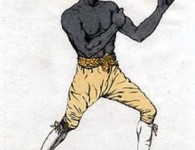
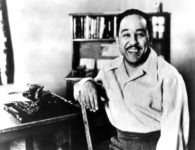
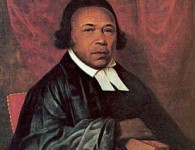

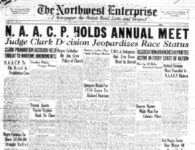
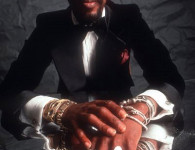
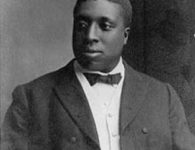
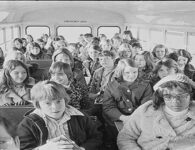
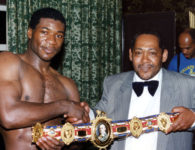
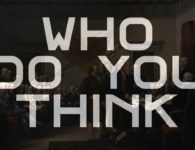


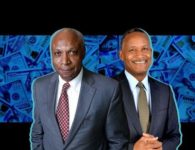
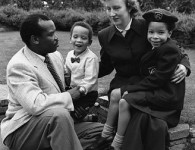
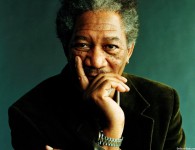

No comments